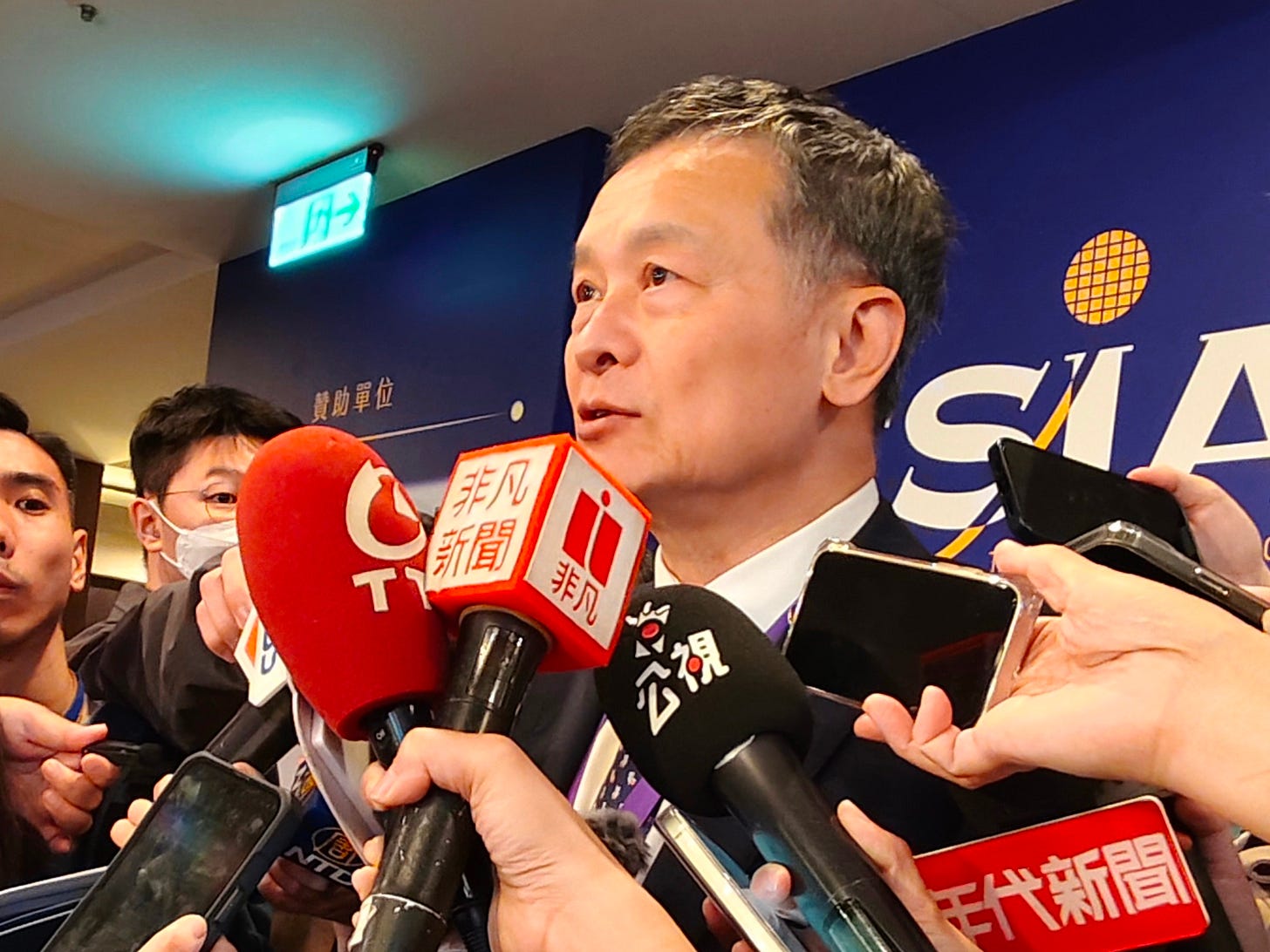Taiwan's Chip Industry Set for Record Year, Eyes Global Strategy Amid U.S. Policy Shifts
According to the Taiwan Semiconductor Industry Association (TSIA), Taiwan’s semiconductor industry's production value is expected to grow by 22% year-on-year in 2024, reaching NT$5.4 trillion, largely driven by the AI boom. However, with U.S. President-elect Donald Trump’s inauguration just two months away, there is heightened concern over potential impacts on Taiwan’s semiconductor industry, particularly around possible tax increases.
Cliff Hou, Chairman of TSIA and Senior Vice President and Deputy Co-Chief Operating Officer at TSMC, commented that while adjustments to Taiwan-U.S. cooperation may occur under the new administration, the foundation of this relationship should remain steady. Hou noted that details on future collaboration are yet to be finalized.
In response to Trump’s announced intent to raise tariffs, Hou stated that TSIA has not yet received any formal notice and does not have information on specific terms. He emphasized that the industry’s best course of action is strengthening its resilience and maintaining strong ties within the global semiconductor ecosystem.
Taiwan’s semiconductor manufacturing relies heavily on imported equipment and materials. Hou pointed out that this dependency increases both lead time and costs. Government incentives to encourage foreign suppliers to establish maintenance hubs, logistics centers, or R&D facilities in Taiwan could significantly enhance the industry’s operational efficiency.
Hou also outlined four strategic priorities for the industry: first, accelerating research and development to sustain technological leadership; second, reinforcing collaboration with the global semiconductor ecosystem; third, expanding and deepening the semiconductor supply chain within Taiwan; and fourth, upholding commitments to sustainable practices and environmental stewardship.



